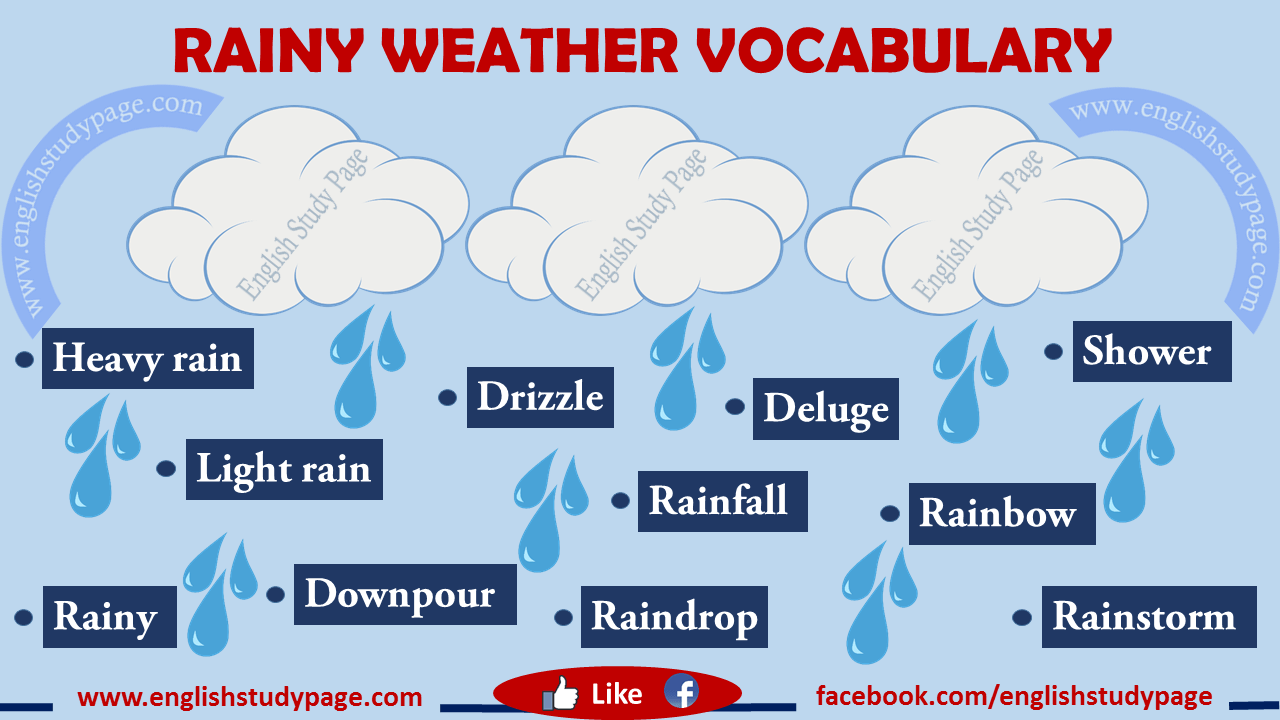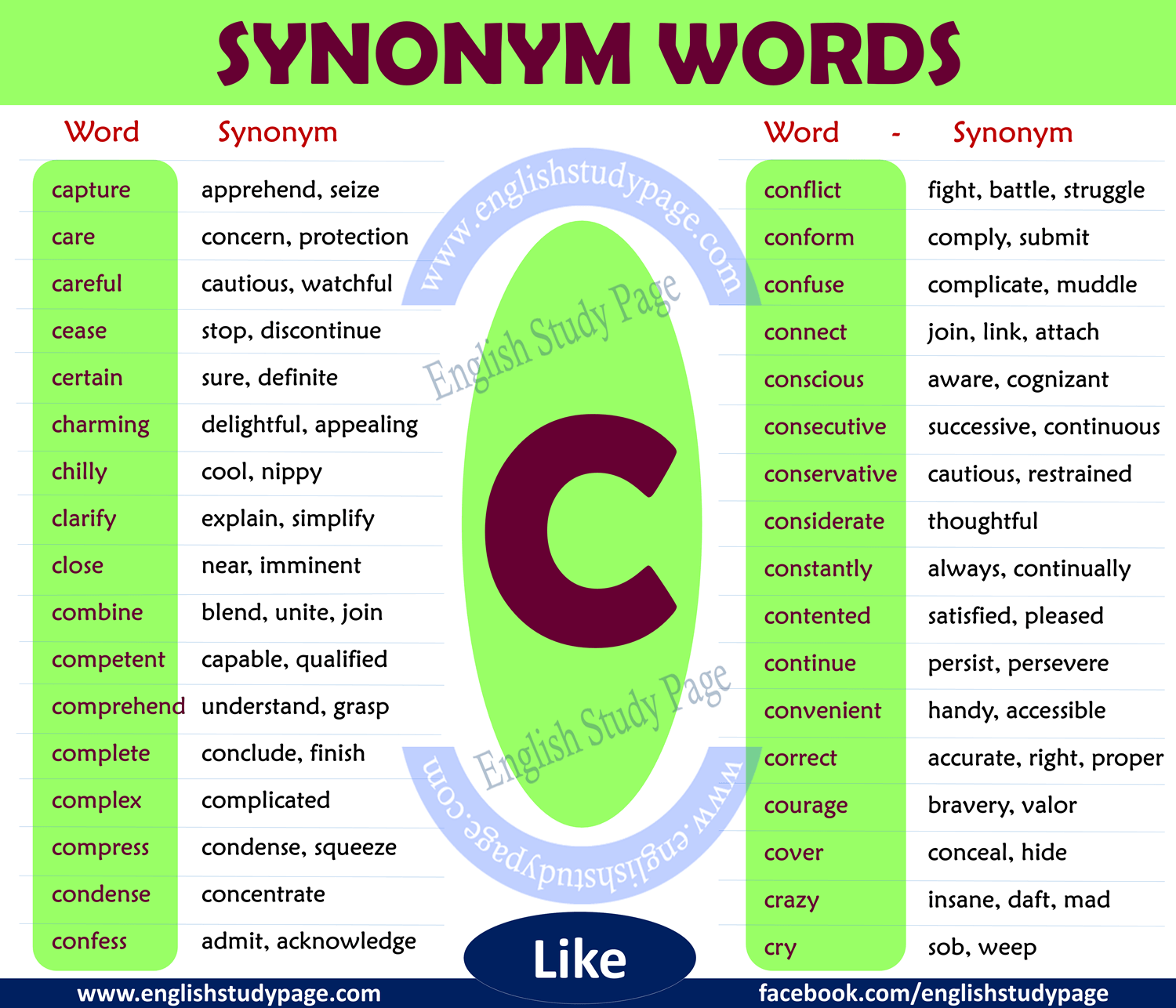
Time is very important for us. We organize our daily life, social, cultural and economic activities according to calender.
Day is a unit of time. It is a period of 24 hours, especially from twelve o’clock one night to twelve o’clock the next night, during which the earth completes one rotation on its axis.
In this post, you can see days of the week and their abbreviations.
- There are seven days in a week. ( week is a period of seven days ) ( There are 52 week in a year )
- The first day of the week varies in different cultures, so does the weekend. However, according to the international standard ISO 8601, Monday is the first day of the week.
- We can divide a week into two parts which are weekdays and weekend.
Weekdays are the five days from Monday to Friday, the usual working period for many people.
Weekend is Saturday and Sunday. Many people relax and pursue leisure activities instead of working.
Days of the week and their abbreviations which are listed below; ( Starting from Monday and ending with Sunday )
| Days of the Week | Abbreviations |
|---|---|
| Monday | Mon. |
| Tuesday | Tue. |
| Wednesday | Wed. |
| Thursday | Thu. |
| Friday | Fri. |
| Saturday | Sat. |
| Sunday | Sun. |
For Months of The Year in English click here
For Seasons in English click here
Examples with “days of the week and week”:
- He starts her new project on Tuesday.
- The 15th is a Monday.
- I will come back next Saturday.
- On Sundays we go on picnic.
- You were born on a Friday.
- They always go to the school at nine on Monday mornings.
- Where were you last Wednesday?
- It is a Sunday morning.
- 10 May is a Thursday.
- My father has worked the last three Saturdays.
- What will you cook for Sunday lunch?
- We play basketball once a week.
- It will take weeks ( several weeks ) to do this job.
- Friday is my favourite day of the week.
- You should study hard for a week or two.
- My new job starts a week tomorrow.
- Please, give me a week for this.
- They can find pregnancy stages week by week in that website.
- You should take this medicine four times a week.
- Our travel starts a week on Friday.
- On weekdays I go to the bed early.
- What did you do over the weekend?
- We are going away for the weekend ( this weekend ).
- What are you doing this weekend?
- They spent the weekend sleeping.
- On weekends I wash the car.
- What will you do at the weekend? ( or on the weekend in U.S )
- She goes to shopping at weekends. ( or on (the) weekends in U.S )
Attention:
1)Days of the week are always capitalised.
Examples:
- I will see you again on Monday.
- It is a very nice Sunday morning.
2)Using “on” as a preposition with days of the week.
Examples:
- I was born on Tuesday.
- I’m off to London on Friday.
3)Using “on” and “at” as prepositions with “weekend(s)“. ( Both are correct because “on” is used in U.S, “at” is used in U.K. However “at” is used less )
Examples:
- I visit my friends on weekends. ( or at weekends )
- She will do her laundry on the weekned. ( or at the weekend )
4)Making plural ” the day of the week” by adding “-s” at the end of the day.
Examples:
- on Monday — on Mondays ( or every Monday )
- on Tuesday — on Tuesdays ( or every Tuesday )
- on Wednesday — on Wednesdays ( or every Wednesday )
- on Thursday — on Thursdays ( or every Thursday )
- on Friday — on Fridays ( or every Friday )
- on Saturnday — on Saturndays ( or every Saturnday )
- on Sunday — on Sundays ( or every Sunday )
- on weekday — on weekdays
- on weekend — on weekends ( or every weekend )
5)Using “the” with weekend (s).
“the weekend” refers to a specific weekend. On the other hand, “(the) weekends” means every week.



